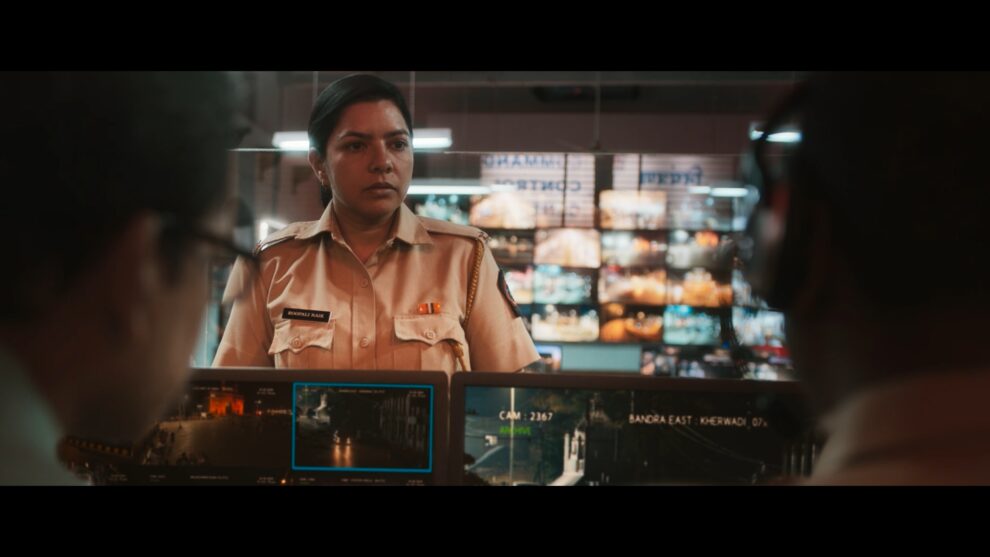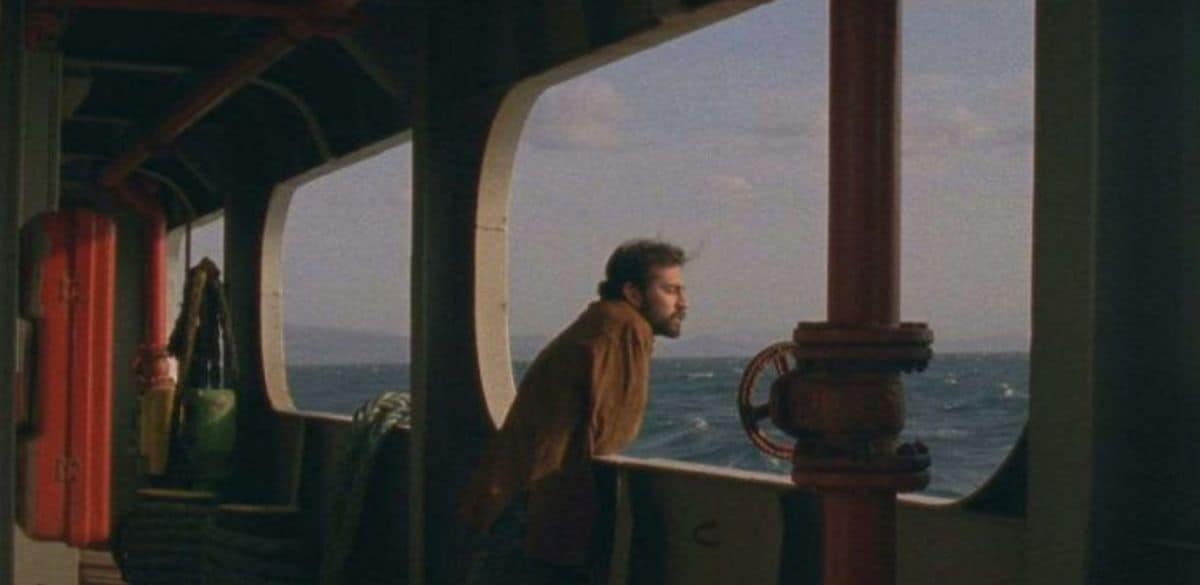From the directors' statement: In 2015 Maharashtra government funded a massive surveillance project to install thousands of cameras across Mumbai. 24×7 video surveillance was very new to this part of the world. During our research we learned that most of the CCTV cameras can zoom up to 1km on an object. Imagine what a person behind that desk could see. Especially in a city like Mumbai.
“Privacy” is screening at Bucheon International Fantastic Film Festival

In fact, the protagonist of the movie, Roopali, works at the Mumbai surveillance camera command center as an operator. While she is ambitious and wants to get up the ladder, which in the case of her line of work, is being assigned to a private room to conclude serious investigations through surveillance footage, her life is in shambles. She has no friends, no partner, and she is actually about to get evicted from her apartment. Furthermore, she seems to have an obsession with a particular apartment a couple is living in, almost constnatly having it on her screen, while there is also a kind of trauma from her childhood that keeps her awake at night. However, things take a radical turn when she decides to ignore protocol and begins investigating a robbery/murder involving two criminals that takes place on her watch.
The first thing one will notice in the movie is how Sudeep Kanwal manages to create an atmosphere that combines voyeurism, disorientation, and a sense of mystery that derives from the layers Roopali's character seems to have. In that fashion, the reasons for her actions are shrouded in mystery, which are revealed gradually, though, as the economical 85 minutes of the movie pass. At the same time, and through the story, Kanwal makes a number of social comments. The concept of government surveillance and the issues it can create is a central one, but the narrative also deals with human nature, particularly regarding the aspects of voyeurism, ambition, revenge, and the impact of trauma, all of which are presented through Roopali. The fact that she is willing to go to extremes to achieve her goals also moves in the same path, while benefiting the most by a rather convincing performance by Rajshri Deshpande in the role.
Furthermore, the overall atmosphere owes a lot to Harshvardhan Waghdhare's cinematography, which captures the voyeurism base of the movie, as much as the suffocating setting of the poor neighborhoods of Mumbai, in a style that essentially dictates the thriller aspect of the movie. Faraz Malik's editing is also on a good level, implementing a relatively fast pace that suits the aesthetics of the movie nicely.
That being said, there are also a number of issues with the movie. To begin with, Kanwal tries to fit in too many side stories regarding a single protagonist, her past and her goals, to the point that a number of them are presented very briefly, ending up illogical and disconnected. Particularly her actions with the robber have no base, even if it is all the action of a femme fatale, a concept though, that definitely does not apply to the particular protagonist. Furthermore, a number of questions are raised throughout the story, regarding both events and particular characters, which are never answered, while the ending, which is essentially presented through on screen titles, is a rather easy solution that definitely does not work. It becomes obvious that Kanwal needed either to restrain the layers of the main character and the episodes in the story, or to have much more film time in his hand to analyze them all fully.
As such, in the end, “Privacy” emerges as a faulty film, that thrives on its atmosphere and a number of other aspects but definitely not as a narrative, perhaps with the exception of the dangers surveillance can cause.















